
Find Help
More Items From Ergsy search
-
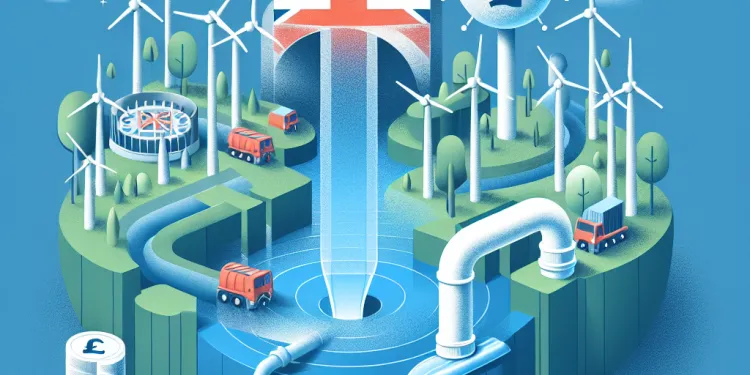
How does climate change affect water infrastructure maintenance?
Relevance: 100%
-

What role do climate change and weather play in water infrastructure issues?
Relevance: 96%
-
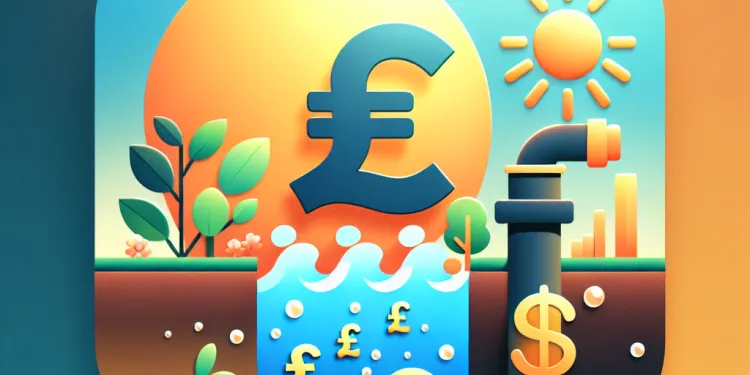
Is climate change affecting sewage pollution levels?
Relevance: 76%
-
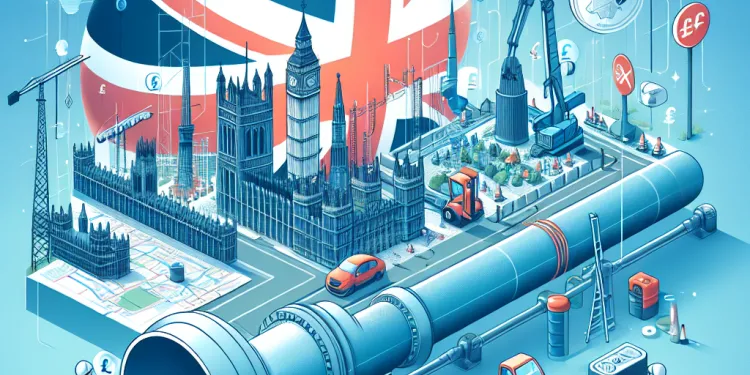
Do water companies have to update the infrastructure?
Relevance: 72%
-
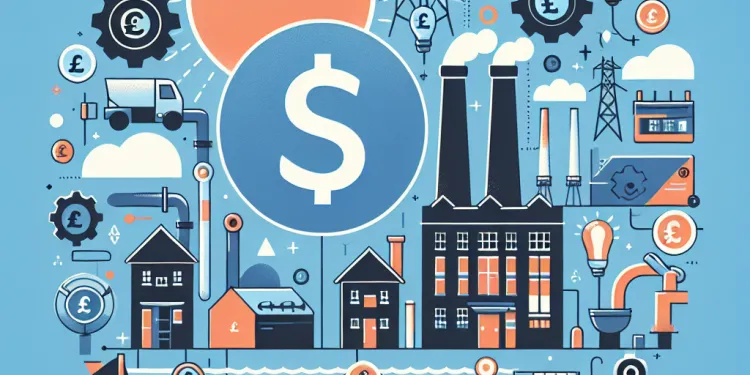
Are water companies responsible for maintaining water infrastructure in the UK?
Relevance: 70%
-
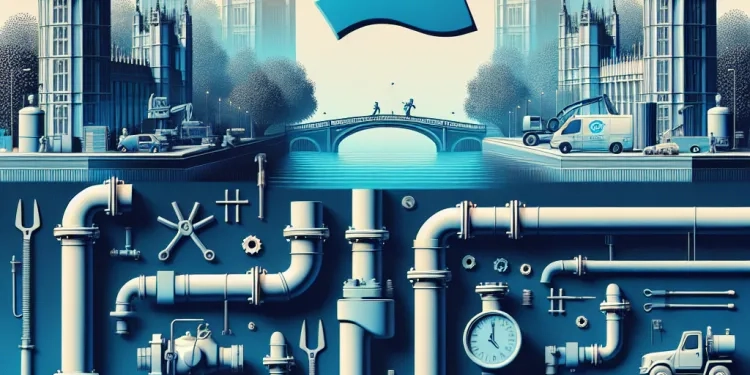
What challenges do water companies face in maintaining infrastructure?
Relevance: 69%
-
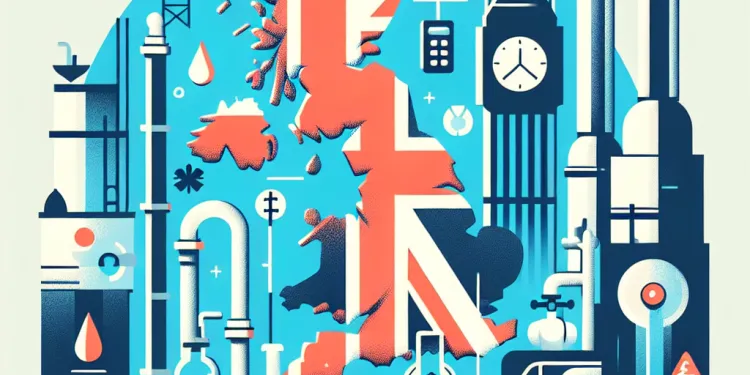
How old is the water infrastructure in the UK?
Relevance: 68%
-
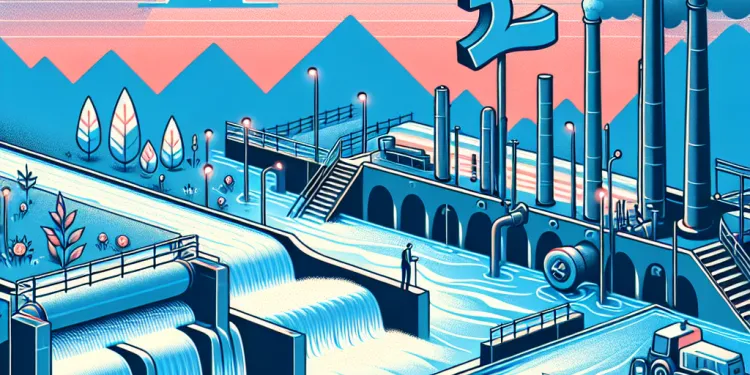
Can customers report issues with water infrastructure?
Relevance: 68%
-
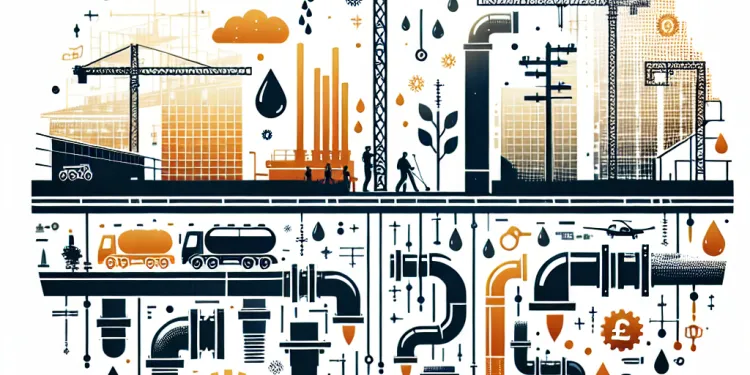
How are infrastructure priorities determined by water companies?
Relevance: 68%
-
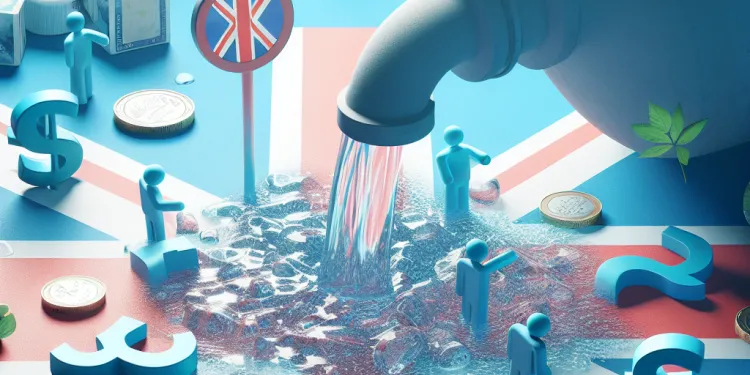
How much water is lost in the UK through poor infrastructure?
Relevance: 67%
-
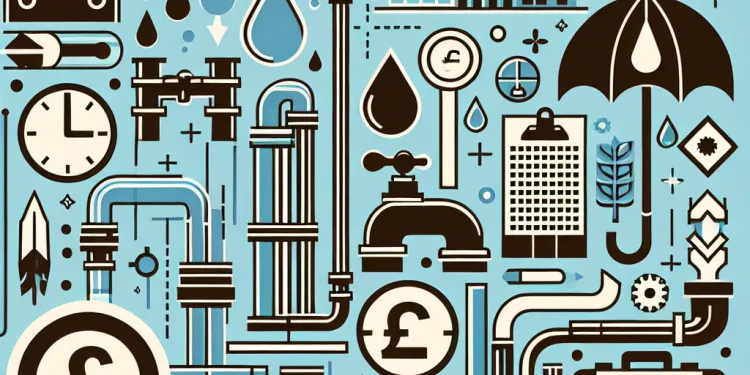
Do water companies have long-term infrastructure plans?
Relevance: 66%
-

What does water infrastructure maintenance involve?
Relevance: 64%
-
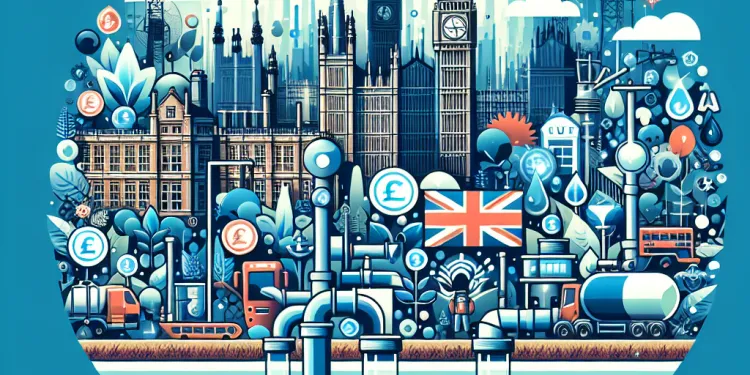
Are water companies responsible to maintain and update infrastructure in the UK?
Relevance: 64%
-

How do water companies fund infrastructure updates?
Relevance: 63%
-

Will climate change affect the 2026 flu season?
Relevance: 61%
-
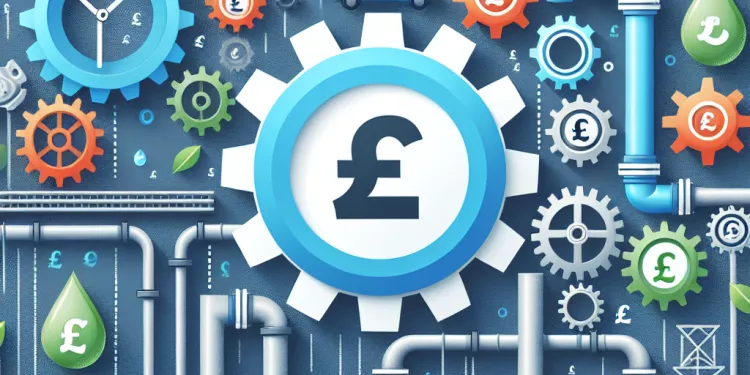
Are there initiatives to improve water efficiency in infrastructure?
Relevance: 58%
-
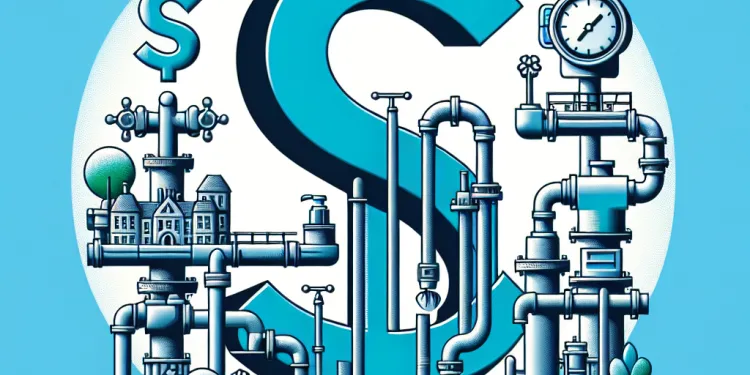
Are there penalties for not maintaining water infrastructure?
Relevance: 58%
-
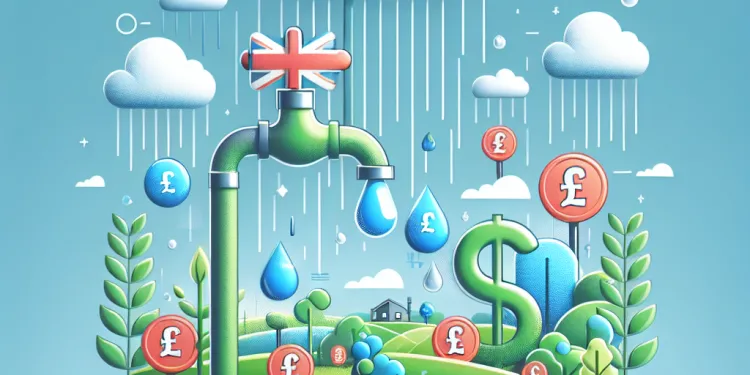
What causes water loss in the UK?
Relevance: 56%
-

Are climate changes affecting mosquito populations in the UK?
Relevance: 55%
-

How transparent are water companies regarding infrastructure improvements?
Relevance: 52%
-
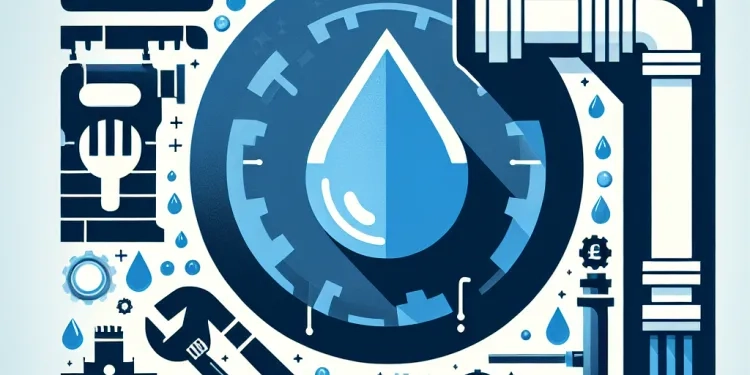
What are common signs of leaks in water infrastructure?
Relevance: 52%
-

How will refunds affect investments towards improving water infrastructure?
Relevance: 50%
-

How does climate change affect pollen levels?
Relevance: 49%
-

How significant is the water loss problem in the UK?
Relevance: 48%
-
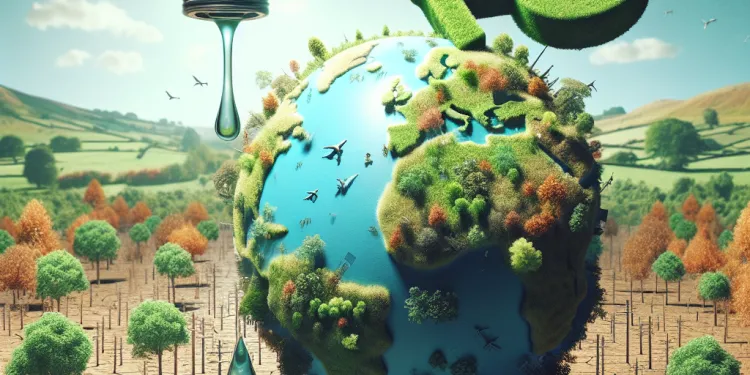
What impact does water loss have on the environment in the UK?
Relevance: 48%
-

Does Thames Water enforce a hosepipe ban more than other water authorities?
Relevance: 47%
-
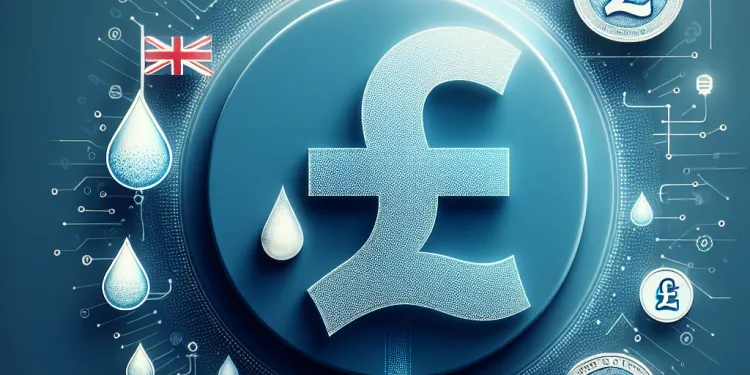
What are the financial implications of water loss for the UK?
Relevance: 45%
-

Why is it challenging to fix water leaks in the UK?
Relevance: 45%
-

When will the refunds be issued by the UK water companies?
Relevance: 44%
-

Are there penalties for water companies besides issuing refunds?
Relevance: 44%
-
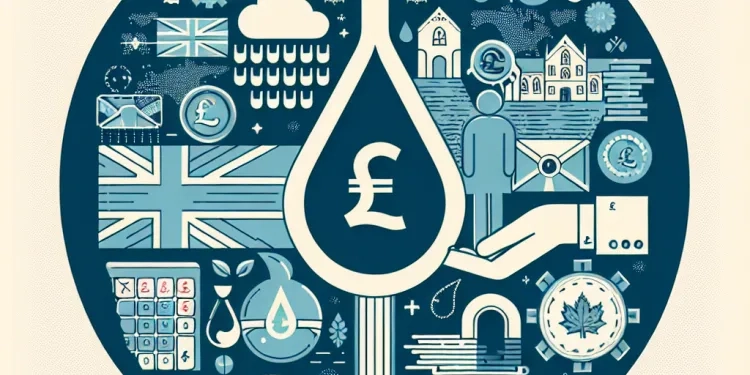
Are there any government initiatives to tackle water loss in the UK?
Relevance: 43%
-
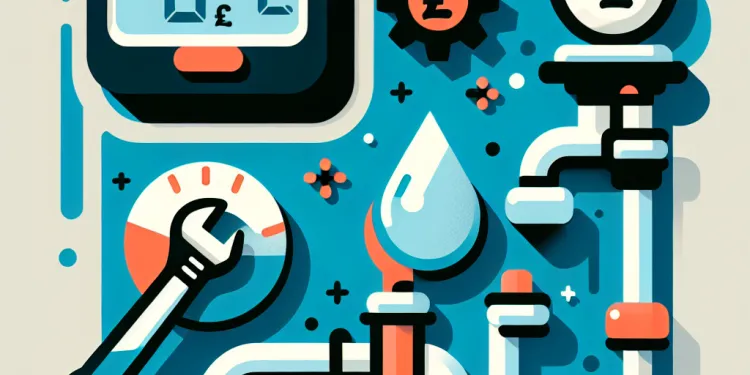
What measures are being taken to address water loss in the UK?
Relevance: 41%
-

What role do water companies play in sewage pollution?
Relevance: 40%
-

How do climate changes affect mosquito-borne diseases in the UK?
Relevance: 40%
-
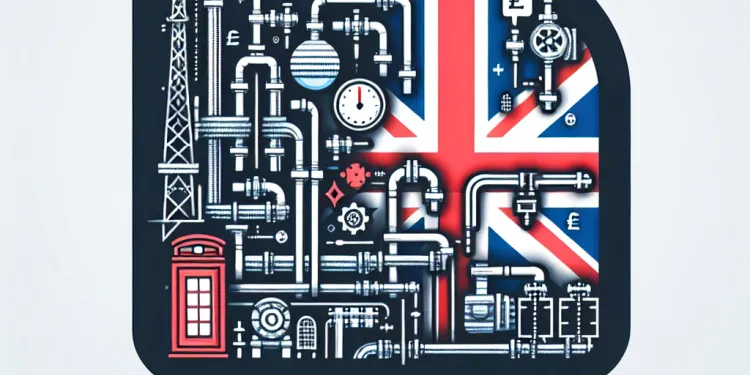
Are customers responsible for any part of the water infrastructure?
Relevance: 40%
-

Does Thames Water impose hosepipe bans more frequently than other water authorities?
Relevance: 40%
-
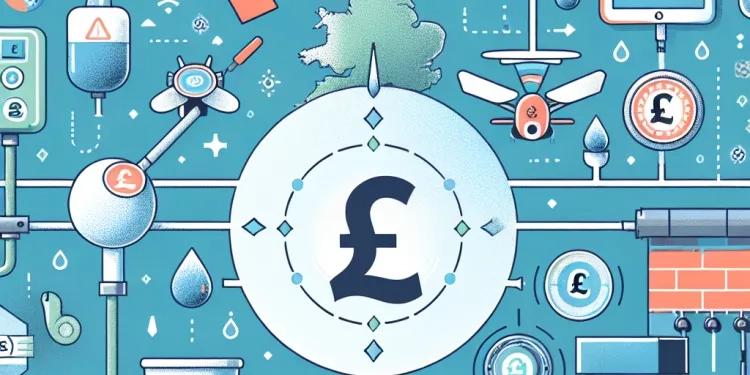
How are new technologies helping to reduce water loss in the UK?
Relevance: 38%
-

What is the best way to hydrate during hot weather?
Relevance: 37%
-

How are water companies held accountable for infrastructure maintenance?
Relevance: 36%
-

Can cold weather cause a cold?
Relevance: 36%
The Impact of Climate Change on Water Infrastructure
Climate change poses significant challenges to water infrastructure in the UK, affecting the availability, quality, and management of water resources. As global temperatures rise, the frequency and intensity of extreme weather events, such as heavy rainfall, heatwaves, and droughts, are expected to increase. These changes strain existing water infrastructure systems, challenging their ability to supply clean water, manage wastewater, and control flooding effectively.
Extreme Weather Events and Flooding
One of the primary concerns is the increased risk of flooding due to more frequent and intense rainfall events. The UK's aging water infrastructure must cope with the higher volumes of water flowing through drainage systems and watercourses. Often, these systems are unable to handle such extremes, leading to overflow situations that cause property damage, disrupt communities, and contaminate water supplies. Investment in upgrading stormwater systems and enhancing natural flood defenses is crucial to mitigating these risks.
Heatwaves and Water Scarcity
On the other end of the spectrum, heatwaves and prolonged dry periods challenge water availability by increasing demand while reducing supply. During hotter periods, water bodies tend to evaporate faster, which reduces the water available for consumption and agricultural needs. The UK’s water infrastructure must adapt to ensure adequate water storage and distribution systems are in place to manage these periods of scarcity effectively. This involves modernizing existing infrastructure, improving leakage management, and encouraging efficient water use.
The Role of Temperature Fluctuations
Rising temperatures also affect the quality of water resources. Higher temperatures can lead to more frequent and severe algal blooms in reservoirs and lakes, impacting drinking water quality and increasing the treatment burden on water utilities. To address this, there is a need for advanced monitoring systems and treatment technologies that can quickly identify and address water quality issues. Furthermore, protecting natural water sources from pollutants is essential to safeguarding water quality under changing climate conditions.
Adapting Water Infrastructure for Climate Resilience
The UK must invest in resilient water infrastructure to withstand climate-related challenges. This includes incorporating innovative technologies, such as smart water networks, to improve monitoring and response times. Additionally, integrating nature-based solutions, like restoring wetlands, can provide natural resilience against floods and improve water quality. Public and private sectors must collaborate to fund and implement these adaptations. By developing robust infrastructure capable of responding to climate change, the UK can safeguard its water resources for future generations.
The Impact of Climate Change on Water Systems
Climate change is a big problem for how we manage water in the UK. It affects how much water we have, how clean it is, and how we use it. As the Earth gets hotter, we see more storms, heatwaves, and times with no rain. This makes it hard for our water systems to give us clean water, deal with dirty water, and stop floods.
Big Storms and Floods
One major worry is flooding. This happens more because of heavy rain. In the UK, many water systems, like pipes and drains, are old. They often can't handle lots of rainwater. This can cause flooding. Houses can get damaged, places need to be fixed up, and sometimes dirty water mixes with clean water. We need to fix and improve these systems to handle more water and protect against floods.
Heatwaves and Lack of Water
Hot weather and long dry times also affect our water. People use more water when it's hot, but there's less water available because it evaporates more quickly. This means our water systems need to be improved so they can hold and share more water. We need to fix leaks and help people use water wisely.
Temperature Changes and Water Quality
When it gets hotter, the quality of water can also get worse. Hotter temperatures can cause things like algae to grow in lakes, making the water dirty and harder to clean. We need better systems to check and clean our water. Protecting natural water sources from pollution is also very important.
Making Water Systems Stronger
To protect water systems from climate change, the UK needs to invest in making them stronger. This means using new technology to better track and fix problems. We can also use nature, like bringing back wetlands, to help stop floods and clean water naturally. Everyone needs to work together—both the government and businesses—to pay for and make these changes. By doing this, we can make sure we have good water for a long time.
Frequently Asked Questions
Useful Links
This website offers general information and is not a substitute for professional advice.
Always seek guidance from qualified professionals.
If you have any medical concerns or need urgent help, contact a healthcare professional or emergency services immediately.
Some of this content was generated with AI assistance. We’ve done our best to keep it accurate, helpful, and human-friendly.
- Ergsy carfully checks the information in the videos we provide here.
- Videos shown by Youtube after a video has completed, have NOT been reviewed by ERGSY.
- To view, click the arrow in centre of video.
- Most of the videos you find here will have subtitles and/or closed captions available.
- You may need to turn these on, and choose your preferred language.
- Go to the video you'd like to watch.
- If closed captions (CC) are available, settings will be visible on the bottom right of the video player.
- To turn on Captions, click settings .
- To turn off Captions, click settings again.
More Items From Ergsy search
-

How does climate change affect water infrastructure maintenance?
Relevance: 100%
-

What role do climate change and weather play in water infrastructure issues?
Relevance: 96%
-

Is climate change affecting sewage pollution levels?
Relevance: 76%
-

Do water companies have to update the infrastructure?
Relevance: 72%
-

Are water companies responsible for maintaining water infrastructure in the UK?
Relevance: 70%
-

What challenges do water companies face in maintaining infrastructure?
Relevance: 69%
-

How old is the water infrastructure in the UK?
Relevance: 68%
-

Can customers report issues with water infrastructure?
Relevance: 68%
-

How are infrastructure priorities determined by water companies?
Relevance: 68%
-

How much water is lost in the UK through poor infrastructure?
Relevance: 67%
-

Do water companies have long-term infrastructure plans?
Relevance: 66%
-

What does water infrastructure maintenance involve?
Relevance: 64%
-

Are water companies responsible to maintain and update infrastructure in the UK?
Relevance: 64%
-

How do water companies fund infrastructure updates?
Relevance: 63%
-

Will climate change affect the 2026 flu season?
Relevance: 61%
-

Are there initiatives to improve water efficiency in infrastructure?
Relevance: 58%
-

Are there penalties for not maintaining water infrastructure?
Relevance: 58%
-

What causes water loss in the UK?
Relevance: 56%
-

Are climate changes affecting mosquito populations in the UK?
Relevance: 55%
-

How transparent are water companies regarding infrastructure improvements?
Relevance: 52%
-

What are common signs of leaks in water infrastructure?
Relevance: 52%
-

How will refunds affect investments towards improving water infrastructure?
Relevance: 50%
-

How does climate change affect pollen levels?
Relevance: 49%
-

How significant is the water loss problem in the UK?
Relevance: 48%
-

What impact does water loss have on the environment in the UK?
Relevance: 48%
-

Does Thames Water enforce a hosepipe ban more than other water authorities?
Relevance: 47%
-

What are the financial implications of water loss for the UK?
Relevance: 45%
-

Why is it challenging to fix water leaks in the UK?
Relevance: 45%
-

When will the refunds be issued by the UK water companies?
Relevance: 44%
-

Are there penalties for water companies besides issuing refunds?
Relevance: 44%
-

Are there any government initiatives to tackle water loss in the UK?
Relevance: 43%
-

What measures are being taken to address water loss in the UK?
Relevance: 41%
-

What role do water companies play in sewage pollution?
Relevance: 40%
-

How do climate changes affect mosquito-borne diseases in the UK?
Relevance: 40%
-

Are customers responsible for any part of the water infrastructure?
Relevance: 40%
-

Does Thames Water impose hosepipe bans more frequently than other water authorities?
Relevance: 40%
-

How are new technologies helping to reduce water loss in the UK?
Relevance: 38%
-

What is the best way to hydrate during hot weather?
Relevance: 37%
-

How are water companies held accountable for infrastructure maintenance?
Relevance: 36%
-

Can cold weather cause a cold?
Relevance: 36%


